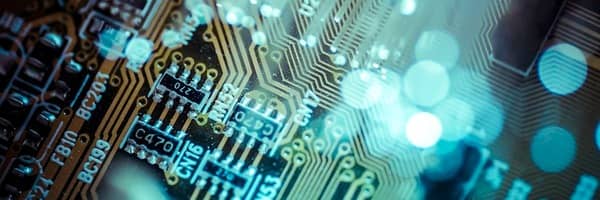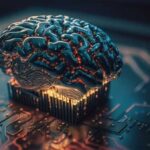
What Is Neuromorphic Computing?
September 23, 2024
Low-Earth Orbit Internet Satellites Are the Future
October 9, 2024On this Page…
- What Is a DPU?
- How Can DPUs Benefit Data Center Operations?
- How Can Data Processing Units Be Utilized?
- What Is the Future of Data Processing Units?
- Conclusion
Data centers have advanced considerably over the years to meet the increasing demands of processing and managing massive amounts of data. As the amount of data generated and consumed continues to grow exponentially, data centers must become more efficient, flexible, and secure. One solution to these challenges is the Data Processing Unit, a specialized processor designed to offload data processing tasks from traditional Central Processing Units (CPUs) and Graphics Processing Units (GPUs). We explore the role of DPUs, their benefits, and their impact on modern data center operations.
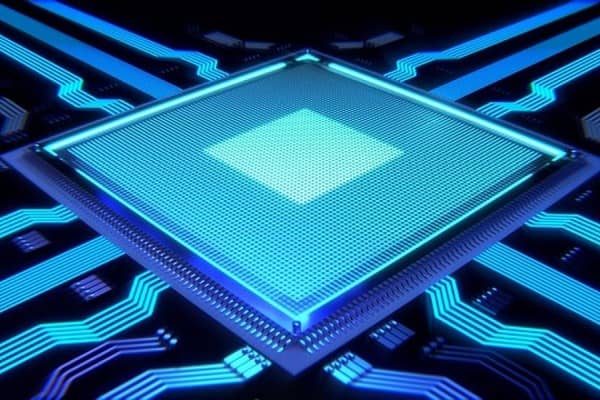
What Is a DPU?
A CPU is the core component of a computer, handling general-purpose computing tasks, while a GPU is designed for parallel processing, excelling at rendering graphics and handling artificial intelligence and machine learning workloads. A DPU is a specialized processor that handles specific data processing tasks, such as networking, storage, and security processing. It includes a high-performance, programmable multi-core CPU, hardware engines for accelerating data processing tasks, and memory interfaces. By offloading these tasks from CPUs and GPUs, DPUs allow these primary processors to focus on their core functions, ultimately improving overall system performance and efficiency.
DPUs have become important in recent years due to the increasing complexity of data center workloads and the growing demand for computing and data processing capabilities. NVIDIA’s BlueField line of DPUs, for instance, offers a high level of performance, security, and programmability, enabling efficient data center operations.
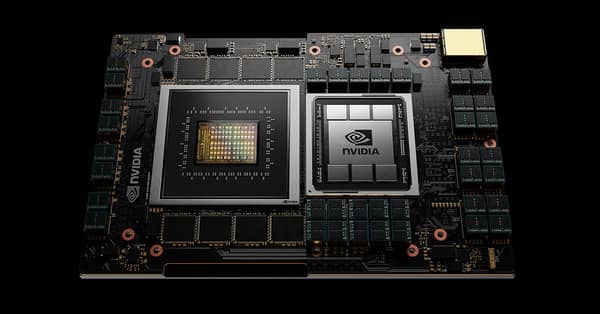
How Can DPUs Benefit Data Center Operations?
DPUs are optimized to handle tasks such as networking, storage, and security processing, enabling faster execution of these tasks compared to traditional CPUs. DPUs help increase the performance of modern data center applications and workloads.
By offloading data processing tasks to DPUs, CPUs, and GPUs can focus on their core functions, such as running applications and performing complex calculations. This allows for better resource utilization and higher overall system performance, making it possible to process more data in less time.
DPUs give data centers the ability to scale and customize their operations. It allows for more efficient resource allocation and better support for varying workloads. This flexibility is essential for managing the dynamic environments of modern data centers, where the needs and requirements can change rapidly.
DPUs can also offer hardware-based security features that can help protect sensitive data and operations from threats. This can ensure a more secure data center environment. This is particularly important as data breaches and cyberattacks become increasingly sophisticated and prevalent.
DPUs can lower data centers’ total cost of ownership by improving performance, reducing power consumption, and lowering operational costs. This is crucial for organizations looking to optimize their IT infrastructure investments and manage costs effectively.
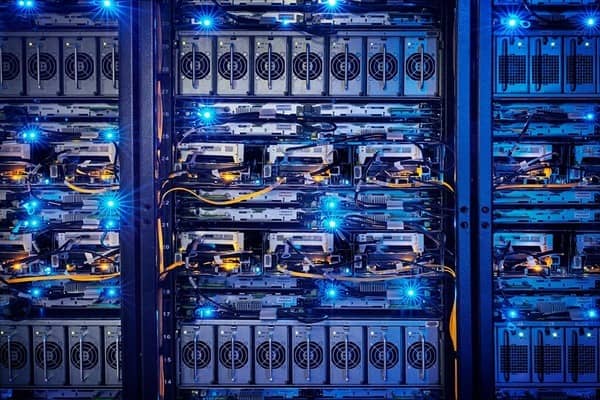
How Can Data Processing Units Be Utilized?
DPUs can be utilized in various applications and industries to optimize data processing and enhance overall system performance. In cloud data centers, DPUs can improve the efficiency of virtualization and containerization technologies, enabling more effective resource allocation and better performance for cloud-based applications and services.
DPUs can accelerate the processing of large datasets used in Artificial Intelligence and Machine Learning applications. It allows for potentially faster training and execution of complex models.
In High-Performance Computing (HPC) environments, DPUs can offload networking and storage tasks. This can potentially enable CPUs and GPUs to focus on the compute-intensive workload, leading to better overall system performance.
DPUs can also aid in telecommunications. DPUs can be utilized in 5G and other advanced network infrastructures to optimize data processing, improve network performance, and enhance security.
In edge computing set-ups, DPUs can help process data closer to the source, reducing latency and improving real-time decision-making for applications such as autonomous vehicles, IoT devices, and smart city infrastructure.
DPUs can also help in the financial services sector. DPUs can accelerate transaction processing, risk analysis, and fraud detection, enabling financial institutions to offer faster and more secure services to their customers.
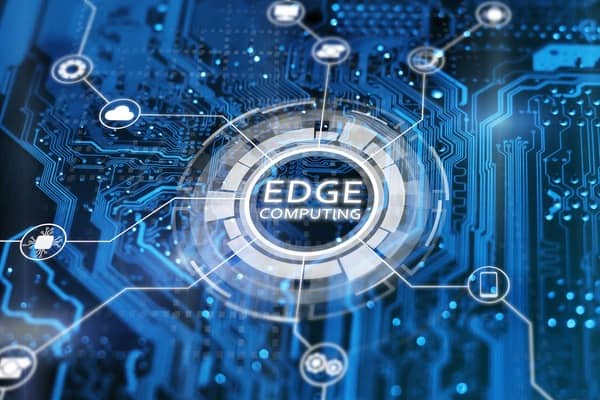
What Is the Future of Data Processing Units?
As data centers continue to evolve, the demand for efficient and high-performance data processing solutions will also continue to grow. DPUs represent a significant step forward in meeting these demands and are poised to become an integral part of modern data center architectures. With ongoing advancements in DPU technology, we can expect to see even more powerful and versatile solutions in the coming years.
Several key developments are expected to shape the future of DPUs. The first is increased programmability. As DPUs become more programmable, they will enable data center operators to tailor their functionality to specific workloads and requirements, providing an even higher degree of customization and efficiency.
The next is enhanced integration with CPUs and GPUs. Future DPUs are likely to offer even tighter integration with traditional processors, allowing for seamless collaboration between the different types of processing units to optimize system performance.
As DPU adoption increases, we can expect to see a more extensive ecosystem of software, tools, and frameworks designed to leverage these specialized processors’ unique capabilities.
Lastly, we could potentially see greater adoption across more industries. As the benefits of DPUs become more widely recognized, we can expect to see their adoption grow across various industries, from healthcare and manufacturing to retail and entertainment. Just as GPUs were initially intended to accelerate the rendering of 3D graphics, over time, they became more useful in other areas, including machine learning and gaming applications. DPUs will also become more widely adopted through more industries.
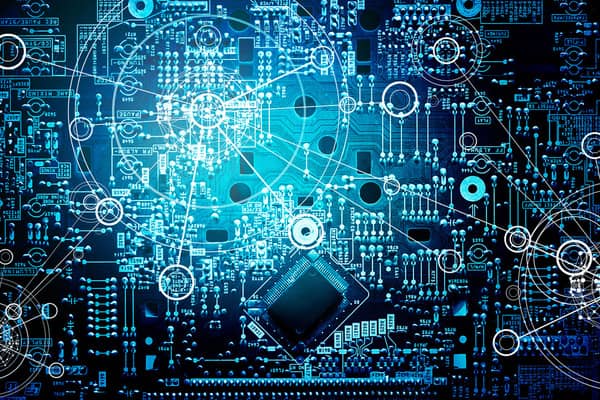
Conclusion
Data Processing Units are specialized processors that play a critical role in enhancing data center performance, efficiency, and security. By offloading data processing tasks from CPUs and GPUs, DPUs allow these primary processors to focus on their core functions, improving overall system performance. With benefits such as improved flexibility, enhanced security, and reduced total cost of ownership, DPUs will be an essential component of future data center operations.
As the demands on data centers continue to grow, the importance of DPUs will only increase. With ongoing advancements in DPU technology and a growing ecosystem of software and tools, these specialized processors are poised to become a fundamental part of the data center landscape, shaping the way we process and manage data for years to come.
